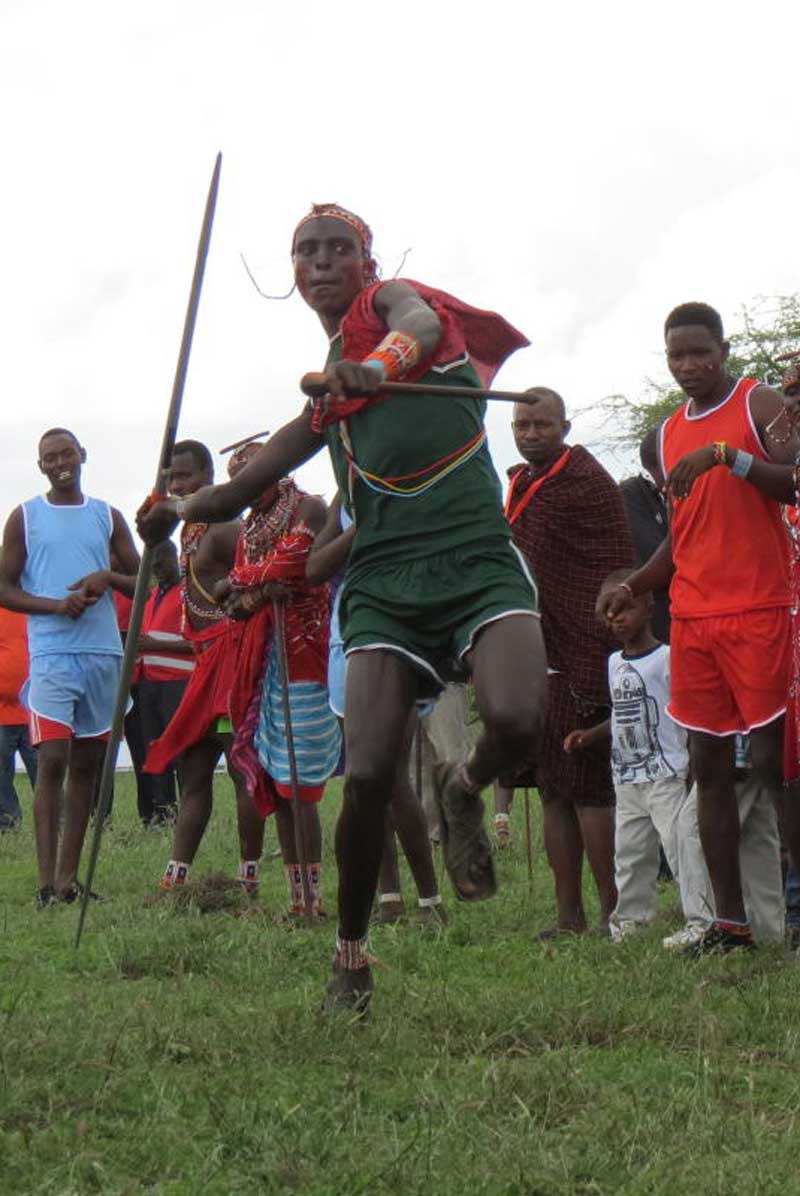×
The Standard e-Paper
Smart Minds Choose Us

Lucus Siyanga, 23, remembers when he used hunt for lions. He grew up knowing that to be considered a man, he had to kill a lion - that is what members of his community told him over and over again.
“Killing a lion was considered the ultimate act of bravery,” he said when I meet him at his home on the foothill of Mount Kilimanjaro in Kajiado County.